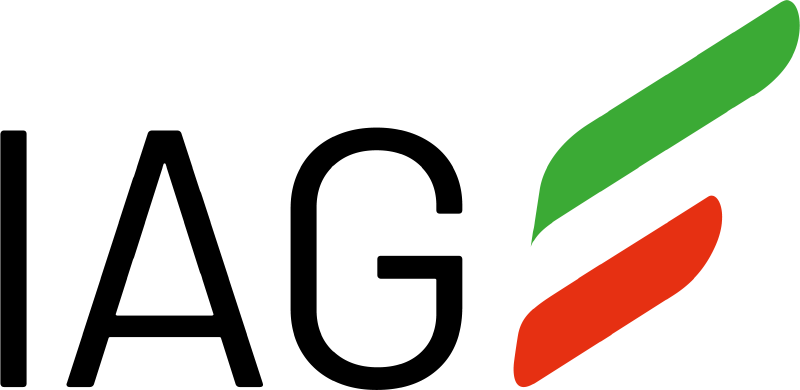Tommaso, we are very pleased to be able to interview you. You are among the youngest Business Angels within the network. Why did you choose to join Italian Angels for Growth?
First, thank you for the interview. I met IAG in 2019 through one of the current members, I was struck from the beginning by the very serious and professional approach of the association. Investing in start-ups requires, in my opinion, multiple skills in a way that is comparable to crowdsourcing. I believe this kind of approach is the only one possible in a context where the process of selecting investment opportunities and the investment choices themselves concern start-ups from very different sectors: life science, deep tech, digital or fintech. And IAG embodies exactly this model.
What is your background? How did your passion for the communications industry come about?
I have a degree in electrical engineering and for many years I was involved in cybersecurity working in an IT consulting company. In 2015 I discovered the world of digital marketing and communications. I realized right away that knowledge and skills in communication and marketing are essential to properly launch and develop any kind of project. From that moment on, I have never left this world, continuing to train myself constantly and valuing the know-how acquired to then exploit it in my activities as an investor and entrepreneur.
Two years have passed since you joined Italian Angels for Growth. What do you appreciate most about the services offered by the IAG association life?
One of the things I appreciate most about IAG is the organization of the association. The analysis of start-ups has a very effective screening method that leads to contribute all members in an organized manner, each participating with his cultural and experiential background, aiming to enrich each project with new and versatile content.
What do you think is the added value given by the diversity of backgrounds and expertise of the IAG network for start-up founders? In which start-ups have you decided to invest?
As I mentioned in one of the previous questions, the added value of IAG is precisely that given by the diversity of background and expertise and all the start-up founders can benefit from both vertical and more transversal skills of all members of the association.
Personally, I have already invested in 2 start-ups, Cubbit, a tech start-up with a very promising project regarding cloud storage and Resalis that could revolutionize the health world.
What do you think are the next trends that will influence the communication strategies of established and non-established companies, and what advice would you give to startups to improve their communication approach?
I have done press office work for several associations and companies and it's clear that this type of work has changed a lot in the last 5 years. The classic press office communication that tries to get "the news" in the newspapers is on its way out. Any kind of business must now have the skills to communicate on social networks and not only: communication on the web is now vital and not enhancing it properly from the launch on the market can leave indelible and irreversible traces on corporate brands. The web does not forget, everything remains tracked and it is almost impossible to go back, especially from gross errors.








